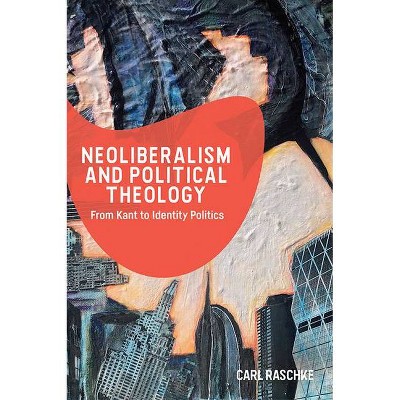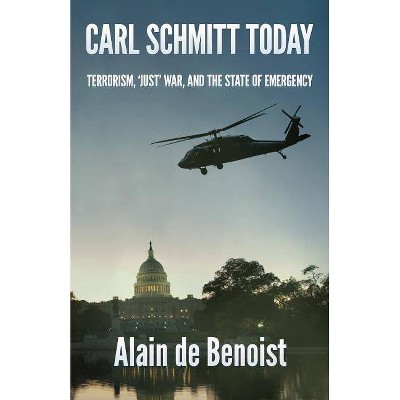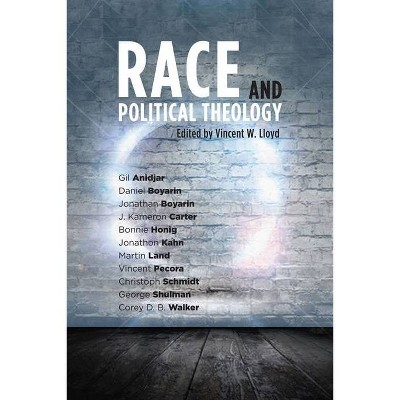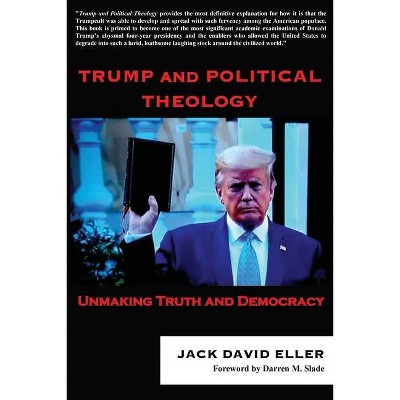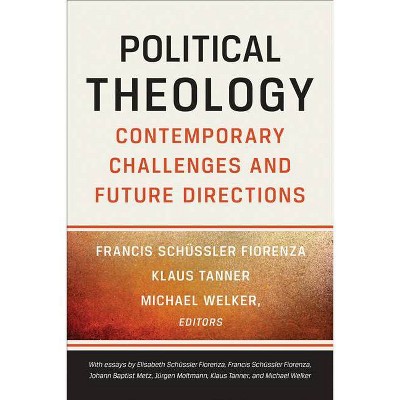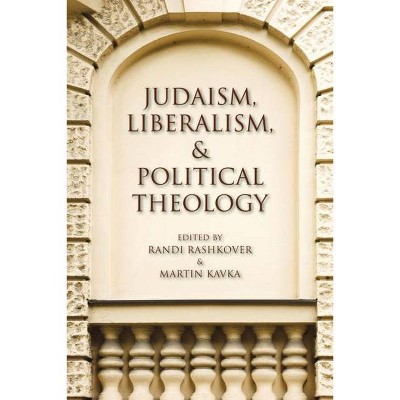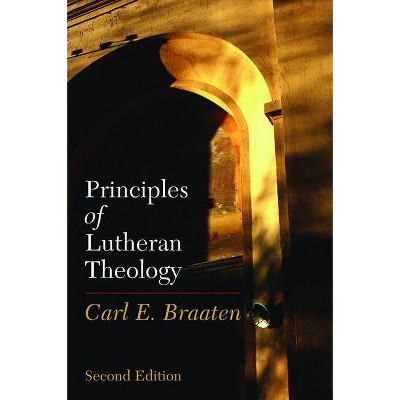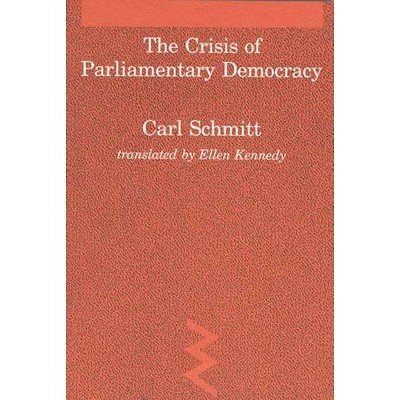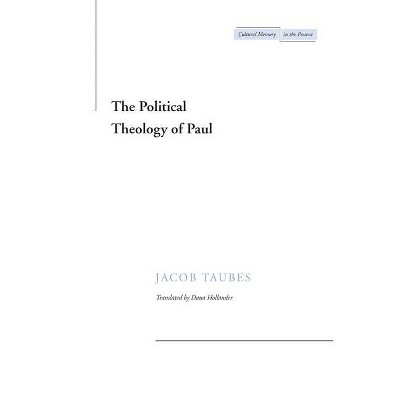Political Theology II - by Carl Schmitt (Paperback)
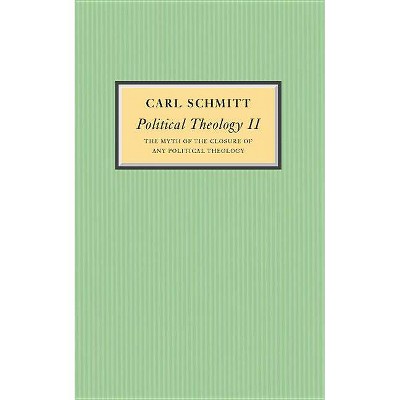
Similar Products
Products of same category from the store
AllProduct info
<p/><br></br><p><b> About the Book </b></p></br></br>At a time of the increasing visibility of religion in public debates and a realisation that Schmitt is the major and most controversial political theorist of the twentieth century, this last book sets a new agenda for political theology today.<p/><br></br><p><b> Book Synopsis </b></p></br></br>Political Theology II is Carl Schmitt's last book. Part polemic, part self-vindication for his involvement in the National Socialist German Workers' Party (NSDAP), this is Schmitt's most theological reflection on Christianity and its concept of sovereignty following the Second Vatican Council. At a time of increasing visibility of religion in public debates and a realization that Schmitt is the major and most controversial political theorist of the twentieth century, this last book sets a new agenda for political theology today. The crisis at the beginning of the twenty-first century led to an increased interest in the study of crises in an age of extremes - an age upon which Carl Schmitt left his indelible watermark. In <i>Political Theology II</i>, first published in 1970, a long journey comes to an end which began in 1923 with <i>Political Theology</i>. This translation makes available for the first time to the English-speaking world Schmitt's understanding of Political Theology and what it implies theologically and politically.<p/><br></br><p><b> From the Back Cover </b></p></br></br><i><br /> </i> <p><i>Political Theology II</i> is Carl Schmitt's last book. Part polemic, part self-vindication for his involvement in the National Socialist German Workers' Party (NSDAP), this is Schmitt's most theological reflection on Christianity and its concept of sovereignty following the Second Vatican Council. At a time of increasing visibility of religion in public debates and a realization that Schmitt is the major and most controversial political theorist of the twentieth century, this last book sets a new agenda for political theology today. The crisis at the beginning of the twenty-first century led to an increased interest in the study of crises in an age of extremes - an age upon which Carl Schmitt left his indelible watermark. In <i>Political Theology II</i>, first published in 1970, a long journey comes to an end which began in 1923 with <i>Political Theology</i>. This translation makes available for the first time to the English-speaking world Schmitt's understanding of Political Theology and what it implies theologically and politically.</p><p/><br></br><p><b> Review Quotes </b></p></br></br><br>"Why study Schmitt? Like the great thinkers of all ages, he addressed issues that transcend the moment. Political philosophers and political theorists, constitutional lawyers and legal theorists, international relations theorists ideologues of all colors find answers to burning political questions that revolve around the concept of sovereignty."<br /> <b>George Schwab, <i>National Committee on American Foreign Policy and The City University of New York</i> (City College and Graduate Center)</b><br /> <p>"The publication in English of Carl Schmitt's <i>Political Theology II</i> constitutes an important event in the Anglo-American reception of Schmitt's thought. In the late 1960s, as the Roman Catholic Church reconciled itself with secular modernity and West Germany's liberal democracy resorted to extra-legal measures in the midst of political crisis, Schmitt decided to revisit the questions that motivated his thinking in the early Weimar Republic: can morality only find justification in transcendental theological sources and must political authority rest ultimately with an extraordinary sovereign authority? Obviously, these questions still haunt our world as we move further into the 21st century."<br /> <b>John P. McCormick, <i>University of Chicago</i></b></p> <p>"Every student of Schmitt will need to probe his post-1945 writings and will be fascinated by this superb new translation which brings out Schmitt's self-imposed continued wrestling, despite opposition, with the relation between the political and theological realms. The Introduction gives a full account of why this thoroughly disturbing thinker continues to mean so much to both Right and Left."<br /> <b>Jeremy Tambling, <i>The University of Manchester</i></b></p> <p>The importance of this text lies not simply in the arguments herein, important as they are, but especially as an additional means of situating some of the central concerns that continuously provoked Schmitt's writings.<br /> <i><b>Polticial Studies Review</b></i></p><br><p/><br></br><p><b> About the Author </b></p></br></br>Translated by Michael Hoelzl and Graham Ward
Price History
Price Archive shows prices from various stores, lets you see history and find the cheapest. There is no actual sale on the website. For all support, inquiry and suggestion messages communication@pricearchive.us
